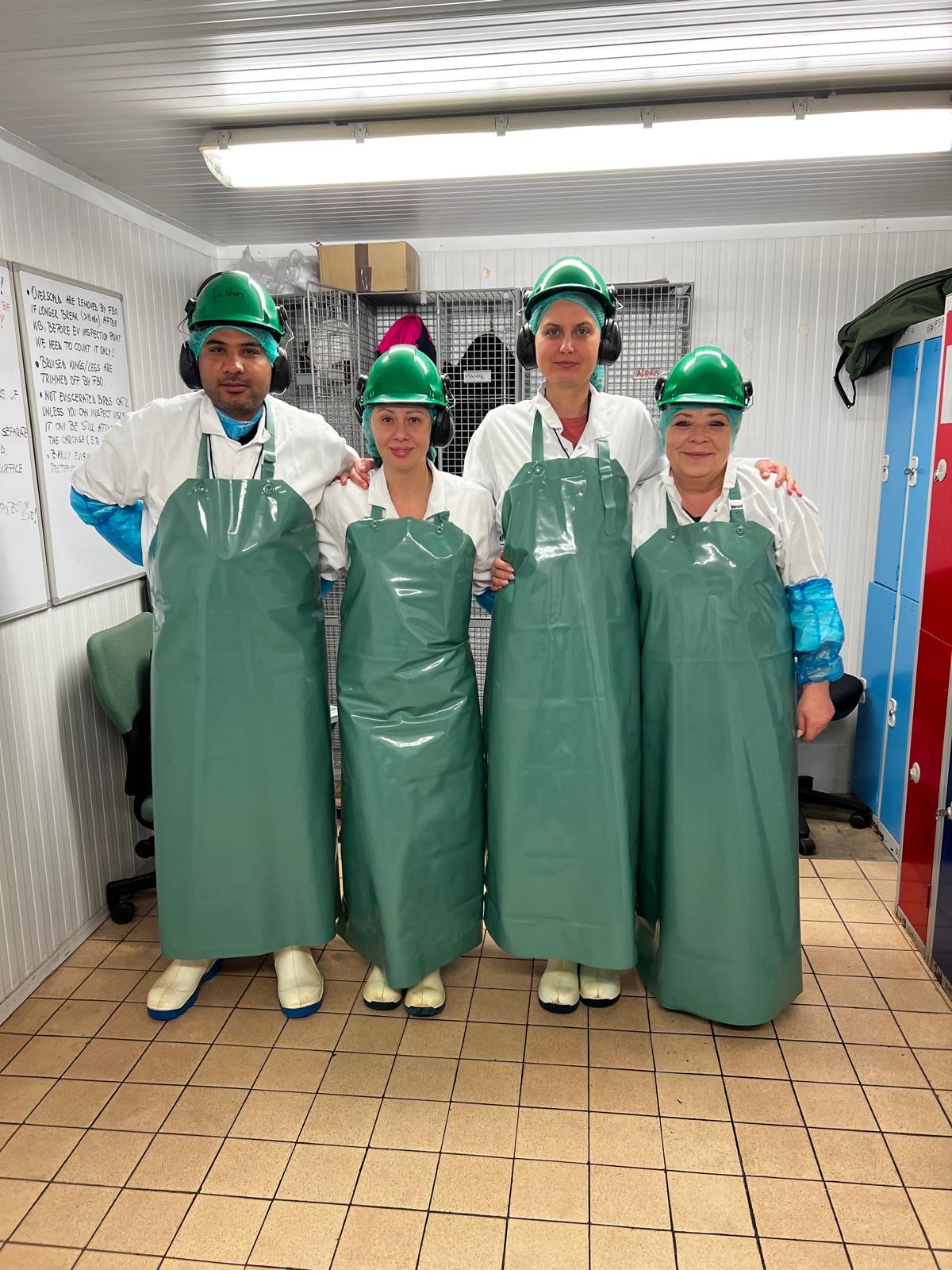Paraguay’s Beef Exports to Hit Record High
In the first eleven months of the year, Paraguay has exported some 320,000 tons of beef with revenue reaching 1,6 billion dollars, indicates data from the National Animal Health and Quality Service (Senacsa).
This figure and revenue will show that 2024 will be the highest on record since 2016.
Chile remains the main market for Paraguayan beef having taken some 36% of total exports. The second market is Taiwan with 11%. (Paraguay is the only country in South America which maintains full relations with the government in Taipei). Other significant markets are Brazil with 9%, United States and Israel with 8% each. Russia received 5% of the shipments, while the European Union accounted for 4% of Paraguayan beef exports.
Paraguay in 2023, according to US Department of Agriculture, was among the ten top exporters of beef with 445,000 tons. The list as the leading exporter is headed by Brazil over 3 million tons.
Likewise by the end of November, Paraguay exported over 11,000 tons of pork, equivalent to some US$ 31 million in revenue. Here again Taiwan was the leading market, acquiring 87% of pork exports, followed by Uruguay with 12%.
Regarding poultry, Paraguay so far in eleven months has exported more than 6,000 tons of chicken meat, generating more than US$ 10 million.

